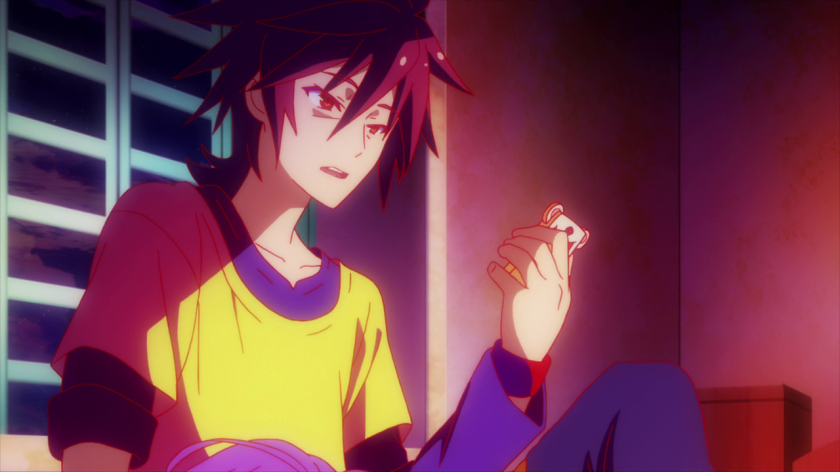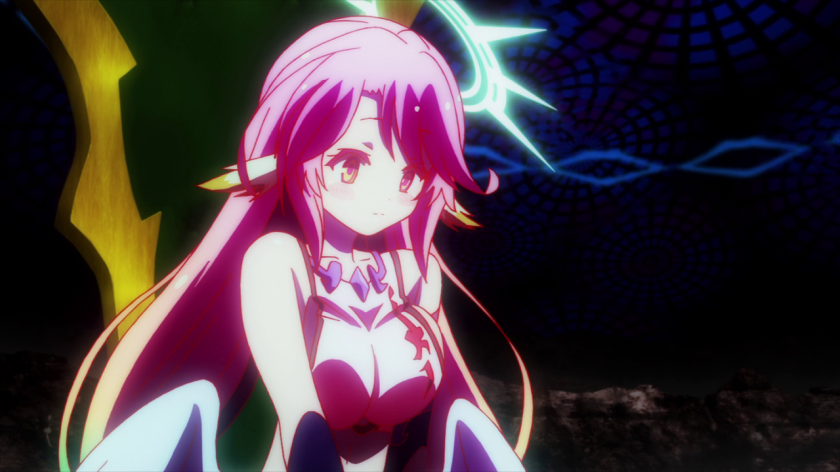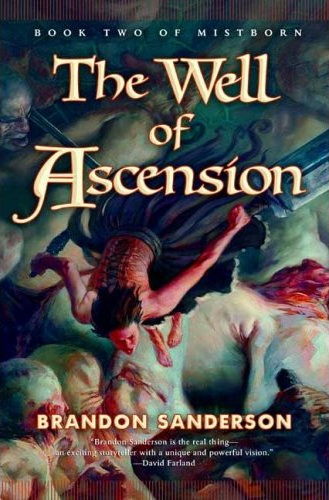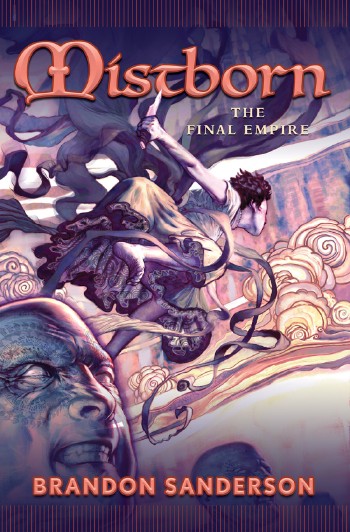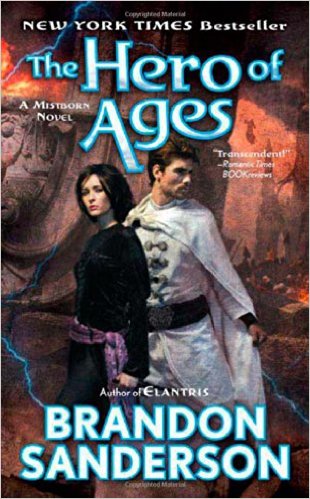
Sanderson’s books are puzzling. Take their surface, their visual ideas and the overall story and you’re left with a rollicking adventure that occasionally goes deep. Add his stilted, unoriginal prose and method of solving conflicts and you’re left with a generic Fantasy book that doesn’t insult the reader. After reading his essays and his view on the genre I’ve come to the conclusion he’s an awful writer who stumbled upon some great ideas.
The problem with Sanderson isn’t the story itself, but his approach to storytelling. He views his stories as a mechanical process, with the purpose of everything is get to the end. Characters, magic and objects have meaning which is determined only by how much they can solve conflict.
If we’re talking reality, this view can make sense. Life is full of conflicts and we need tools to solve it. Literature and Philosophy can be such tools. The difference is in the nature of conflicts in real life, and conflicts in fictional world. The conflict in real life is imposed on us. By that, I mean we don’t fully control it. We can instigate, but never design it from scratch. I can go out and start a fight with someone I don’t like, but I don’t control all the elements – our personal histories, which influence the conflict, are out of our control. The other person’s reactions and choices are also out of my control.
Fictional conflicts are the opposites. You build them from scratch. This is something many people forget when they talk about stories. Authors fully control their work. Authors can – and should – impose laws on their work, but even those laws are something the authors can control. Creating a problem just so you could solve it is like the brilliant Useless Machine. It’s a contraption that you turn on so it would turns itself off. If the purpose of everything in your story is that you’d solve the conflict, why create the conflict in the first place?
Sanderson’s parts fit nicely, but I see nothing admirable about that. Complexity doesn’t equal depth, and depth is what matters in fiction. Compexity can be engaging in activities that are thinking for thinking’s sake, but Chess also involves human interaction and a real conflict whose elements you don’t fully control. Reading the Mistborn novels is like playing Chess against yourself, only with a fancier dressing.
It was so disappointing when Sanderson took an important symbol and turned it into the final plot coupon. Sazed’s story is absorbing. It is the existensial crisis made physical, questioning what the hyper-intellectual who only researches, instead of providing answers and doing things, will do when the world is ending. The idea is sometimes explored, but Sazed mostly stares off into space and ruminates. By the time he takes the center stage, he realizes all his knowledge is the last screw to seal the Bad Ending’s coffin.
Too many scenes are about doing Allomantic stunts. Sanderson writes them like they’re a blow-by-blow account of a role-playing game. Even in those role-playing games, they are the most boring parts. No one cares about Fallout‘s battle systems. Planescape: Torment is a towering achievement because of the writing. These games can employ a battle system, because the person experiencing the art actually gets to use them.
Fantasy authors often forget that the position of the reader isn’t like the writer’s. The author may feel like he’s discovering a new land when writing. For the reader, it’s all laid out, no exploration of thought needed but just an info dump. The author may feel like he’s using a complex system of game rules to solve conflicts, but the reader only gets to observe it. The reader doesn’t actually use these rules. Imagine if a sports caster told you exactly how the basketball player’s legs work.
All these details in those big fights don’t matter. They don’t affect anything. Remove them, and the battle will be slightly shorter. In general, battles don’t work in literature. Violence is visual and immediate, something that’s hard to replicate in the relatively calm activitiy of reading. It’s also swift, so exact descriptions of it come off as silly. People don’t experience violence like Sanderson writes about it. It’s always over before we know what happened. He never once tries to capture the thrill of violence.
The story is more focused this time around. Stalling, the defining feature of the second book, is gone. Sanderson also deserves credit for his ability to structure stories. He never gets lost, never rambles too much or digress. He understands epicness doesn’t have to come from how many miles your characters walk, but the scope of the conflict. So making his story about stopping the end of the world is a good idea, and there is an energy in the final scenes, the emotionally appealing concept of the world torn between creation and destruction.
I want to hear Sanderson tells such a story. He can tell it without losing track, but when it’s covered in dull prose I lose hope. Many a pointless sentence fill the book. Inner thoughts drown the books in obvious or unnecessary details. I truly don’t understand why authors do this so much. I sometimes edit out of kindness prose of young writers, and they do it all the time. Are they afraid that nobody will understand? So long as you don’t write like Hegel, we can understand you just fine.
I do give him credit for not digressing too much. Scenes do gel together for a coherent story. One arc does feel like it’s separated from the main story, but Sanderson tells it like it’s self-contained, with its own conflict and resolutions. It doesn’t exist just to add details, but as an actual story. His descriptions are often to the point.
His exploration of themes is particularly bad. He wants to say something, and his fairly sparse story means ideas emerge clearly. For all the talk of worldbuilding, there aren’t too many details to keep up with. When the ideas emerge though, they’re just there. Sanderson does nothing with them. The secondary arc is about the evils of revolution, but all it has is a bunch of extremists using the government for their own selfish needs. There is no understanding or insight or sympathy towards them. It doesn’t reveal anything about this archetype, but perpetuates an empty pattern. The final antagonist also stands for nothing but death’n’destruction. It’s fun enough in a simple story, but Sanderson aims higher – a complex machine which has no reason to exist but to turn itself off.
Occasionally, it’s fun and it concludes. Mostly, it’s a Useless Machine, but not as amusing and not as offensive as George R. R. Martin. I understand some people dig epic fantasy, but this is 700 pages. Dunsany wrote a brilliant novel with only 230 pages, and reading it three times will keep revealing new things and is a better usage of my time.
2 heroes out of 5 ages





